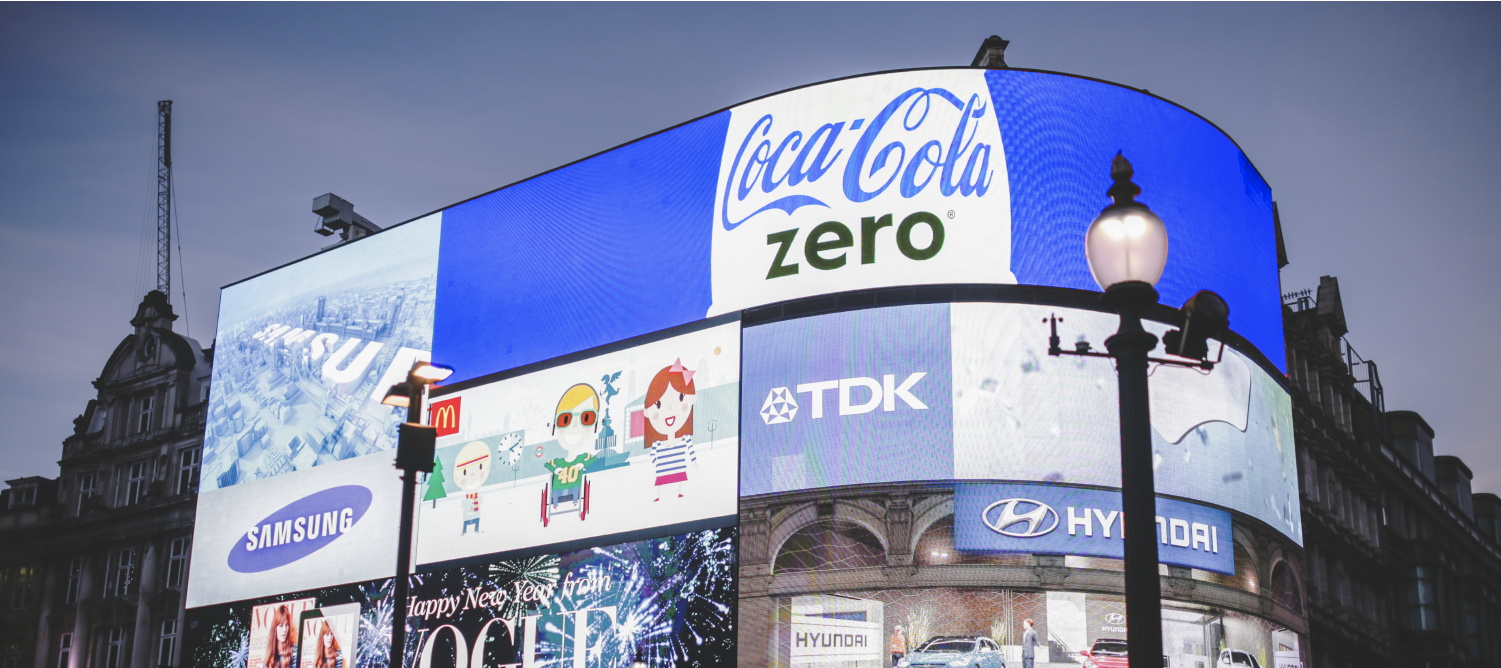What makes a cutting-edge advertising agency?

Creativity is the beating heart of an advertising agency. From designing striking advertorials to repositioning a brand’s identity, creative marketers use their expertise in research and strategy to deliver campaigns which connect with audiences. Yet with an ever-growing number of agencies in this competitive industry, recognition is more important than ever.
Giants of the ad world win countless awards throughout the year as a result in innovation and execution. But huge award-winning agencies are no longer the only players with a cutting edge. As independent agencies look to make their mark on the global stage, is there a specific recipe they should follow in order to find success?
We used Relative Insight’s text analytics technology to benchmark the websites of competing advertising agencies against one another, to find out whether the language used in an agency’s mission statement bears any relevance to the work they do and the awards they win. Taking the website copy of the UK’s top network agencies (ranked by Cannes Lions Global Creativity Report) and comparing it to the UK’s top independent agencies (ranked by The Drum’s Top 100 Independent Agencies), we discovered linguistic differences in how each group defines their vision.
Network Agencies
The power of creativity
Advertising which evokes emotion is highly effective and is often the secret sauce to winning a campaign award. So when defining their company’s mission, network agencies are 11.9x more likely to use emotive language, addressing the power of creativity ‘to change lives’. However, using words such as ‘believe’ suggests a lack of substance. Clearly, network agencies are more focused on the ‘creative idea’ and what grabs attention, rather than conveying how it will be achieved.

‘The world needs more interesting’
Award-winning network agencies pride themselves on being innovative. In fact, they are 17.8x more likely to use the word ‘interesting’ in their web copy than their independent challengers. Is this is the key to winning awards? As network agencies strive to keep ideas fresh, this seemingly plays a part in the recognition they receive.

Ambitious brands
When it comes down to business, bigger agencies often attract the more glamorous and well-known clients. Therefore it’s no surprise that when benchmarking these websites against indie agencies, we see them hint towards working with ‘ambitious brands’ in their mission statement. By referring to their clientele, network agencies add to their reputation of being successful at what they do.
These giant advertising agencies also recognise the ‘courage’ of employees in their web copy, praising marketers as ‘those who accomplish what others believe to be impossible’. These are the people who are unafraid to think big, a quality necessary for winning Grand Prix awards at Cannes Lions.

Global network
Award-winning advertising agencies reach all corners of the globe; whether it’s an influential campaign or a new office opening in Shanghai. Using words such as ‘global network’ and ‘everywhere’ throughout their web copy depicts the sheer universal reach of network agencies. It gives weight to their ability to manage brands across multiple markets, alongside receiving international recognition.

Independent Agencies
Data matters
While network agencies position themselves as creative thinkers with big ideas, independent agencies focus on data and the specialist services they can offer. They are interested in the detail – in how campaign success will be measured and how data will help deliver an impact. By using the words ‘data’ and ‘measurement’ to define their goals, indie agencies show that they are committed to transparency.

Time to get personal
Many independent agencies are more nimble and agile than their integrated counterparts. By using personal pronouns such as ‘you’ and ‘your’ throughout their web copy, they highlight the intimate ways in which these agencies work, while also reflecting the client relationships they create.
Independent agencies are more likely to offer only what the client needs. ‘You’ – the brand or client – is always at the centre. This versatility comes with huge benefits for clients looking to move away from a more traditional model of advertising. 
Trying something new
In comparison to longstanding giants of the ad world, a lot of independent agencies are newcomers. As a result, words such as ‘first’, ‘launch’ and ‘start’ are infinitely more prevalent in this data set. This shows the entrepreneurial spirit that some indie agencies possess – a desire to test hypotheses and try something new.

Promising to deliver
There is a resonating can-do attitude across independent agencies’ web copy. Using words such as ‘will’ and ‘guarantee’, indie agencies show commitment and dedication to their clients’ work – a willingness to go the extra mile. While network agencies can rely on awards and reputation to win new business, indie agencies use positive language to reassure clients of the hard work they will put in.

Across the board, the mission statements of network agencies emphasised scale – both creatively and globally. Web copy was infinitely more likely to refer to ‘brands’, ‘communications’ and the bigger ‘network’ at play. Network agencies have the talent, budget and international reach to make a statement with their campaigns.
However, while giants of the ad world remain leaders in the creative space, winning awards for campaigns that inspire social change, independent agencies are beginning to compete. As brands continue to look for more savvy ways to grow, independent agencies have positioned themselves as data-driven specialists who promise to deliver, and are eager to focus on exactly what the client needs.
Relative Insight can analyse data from any language set as a means of competitor analysis. From forum data to social media, surveys and podcast, TV or radio transcripts we love everything with words – the possibilities are endless!
